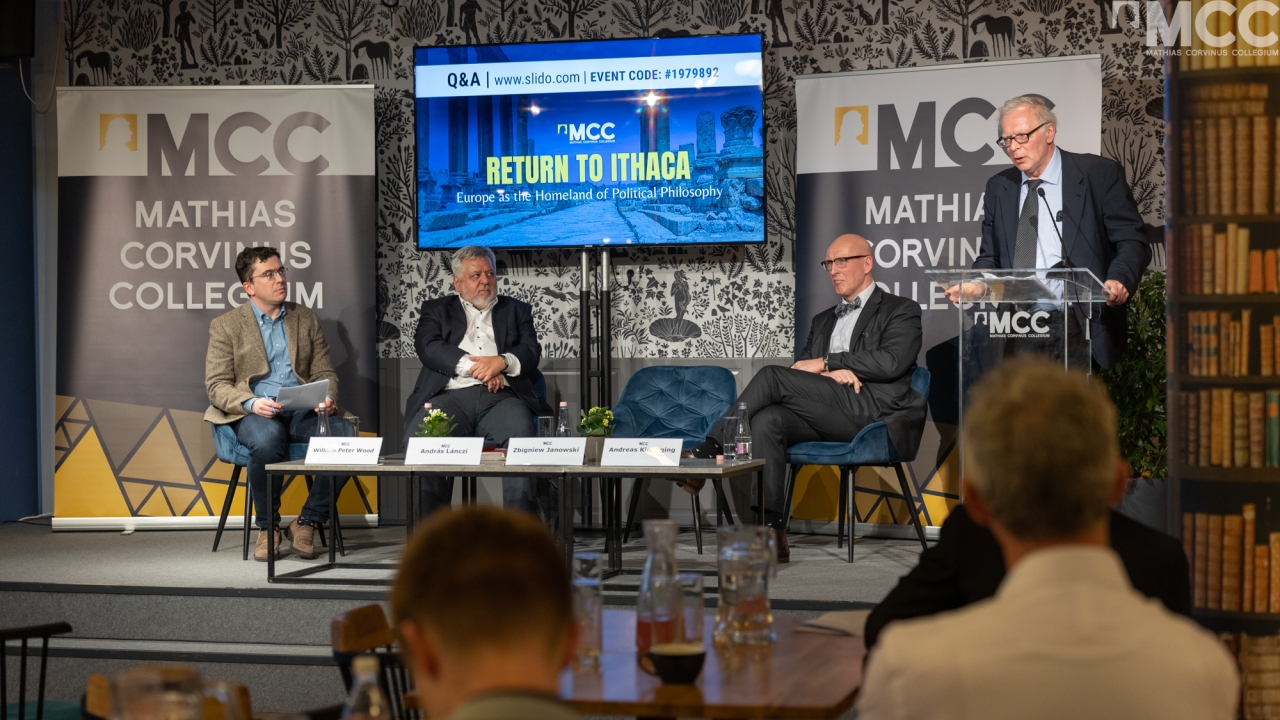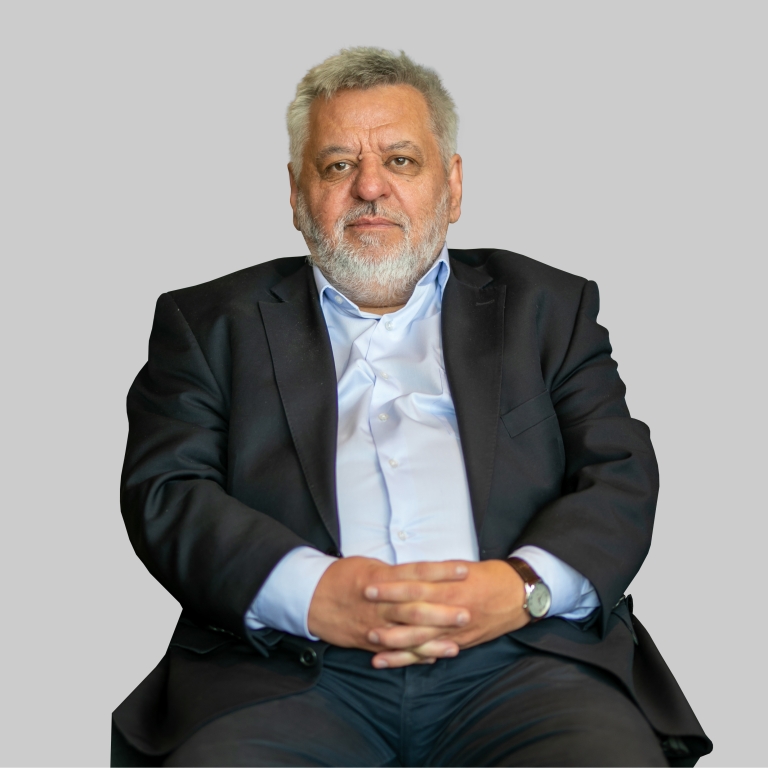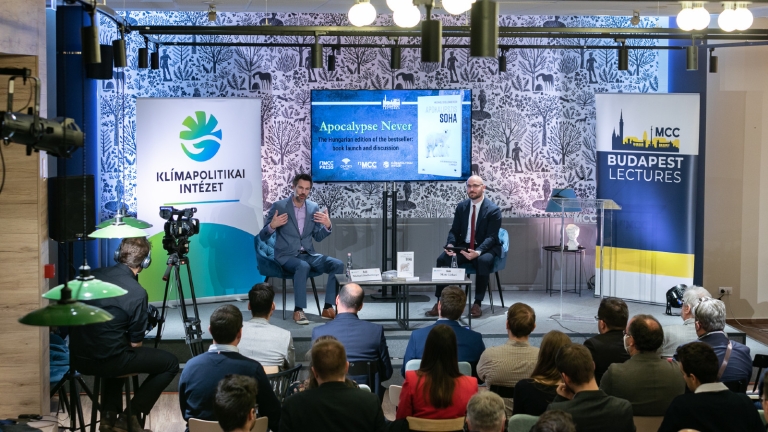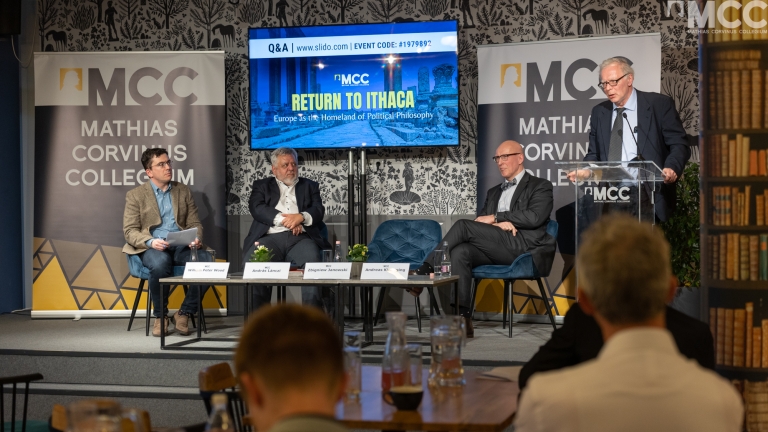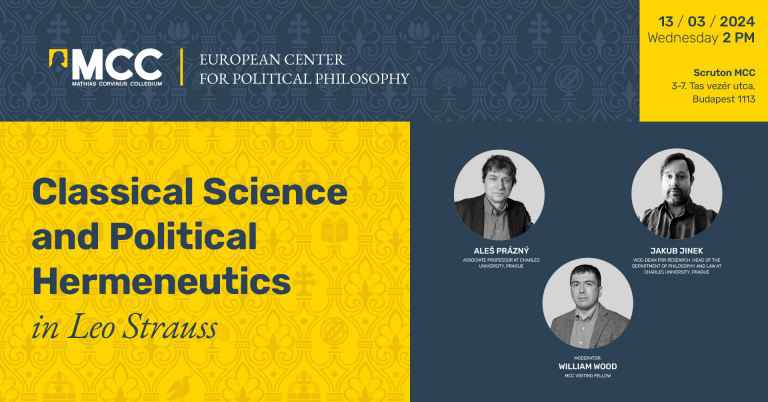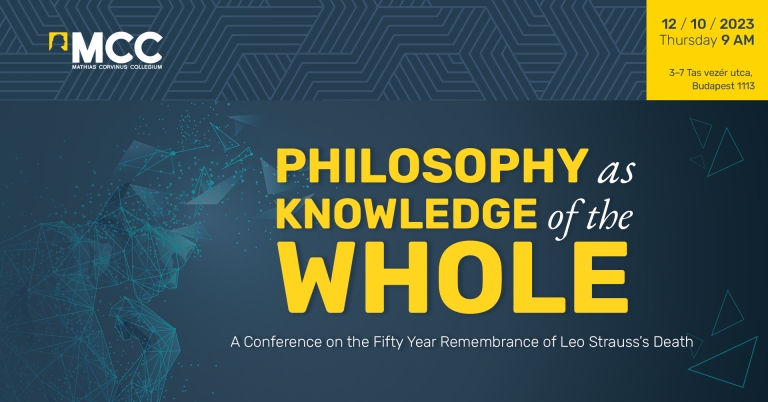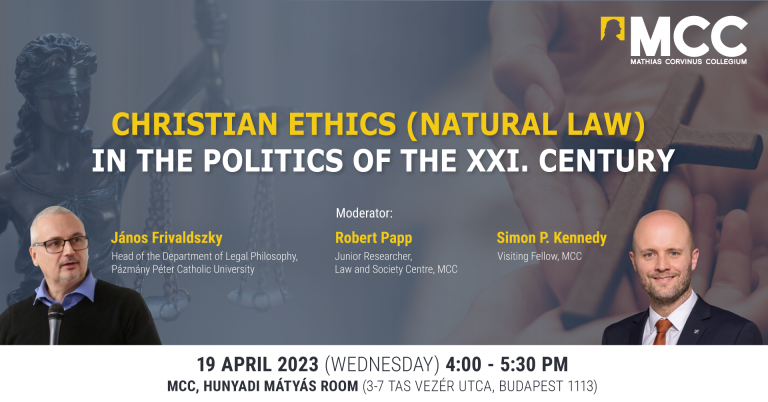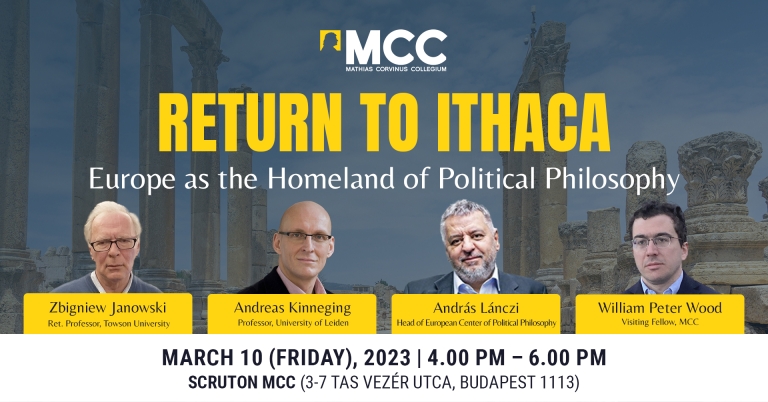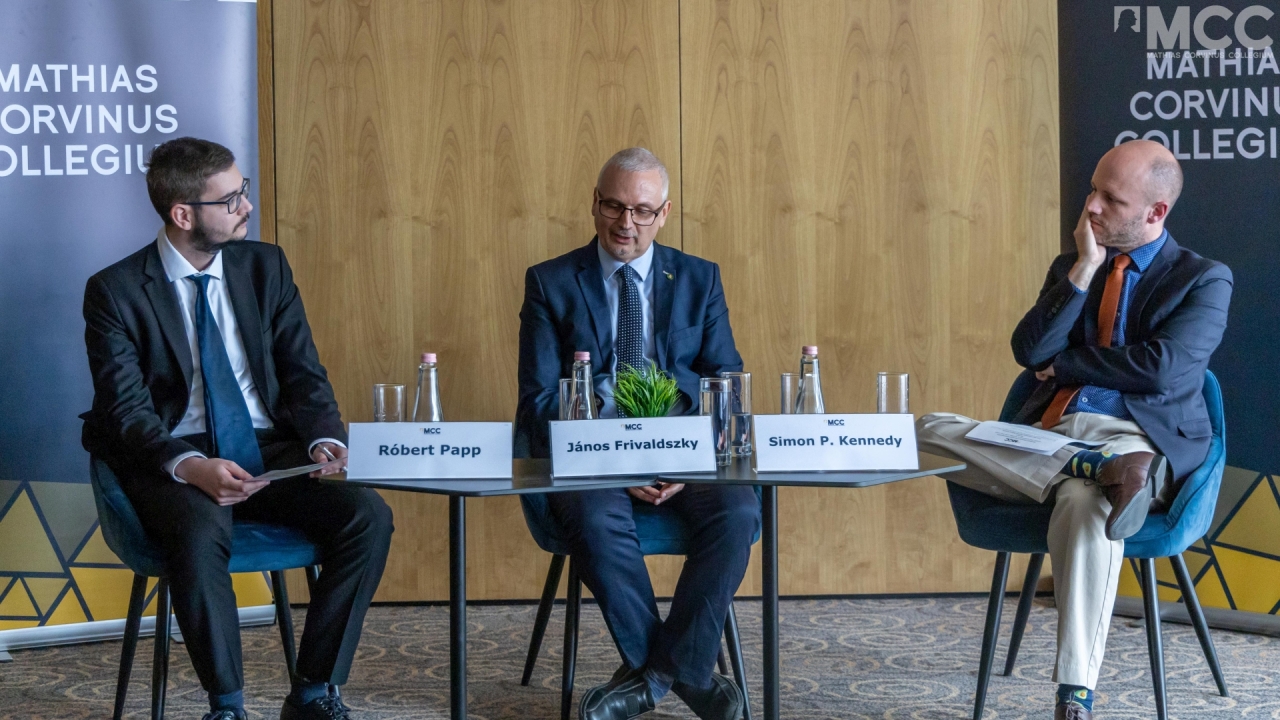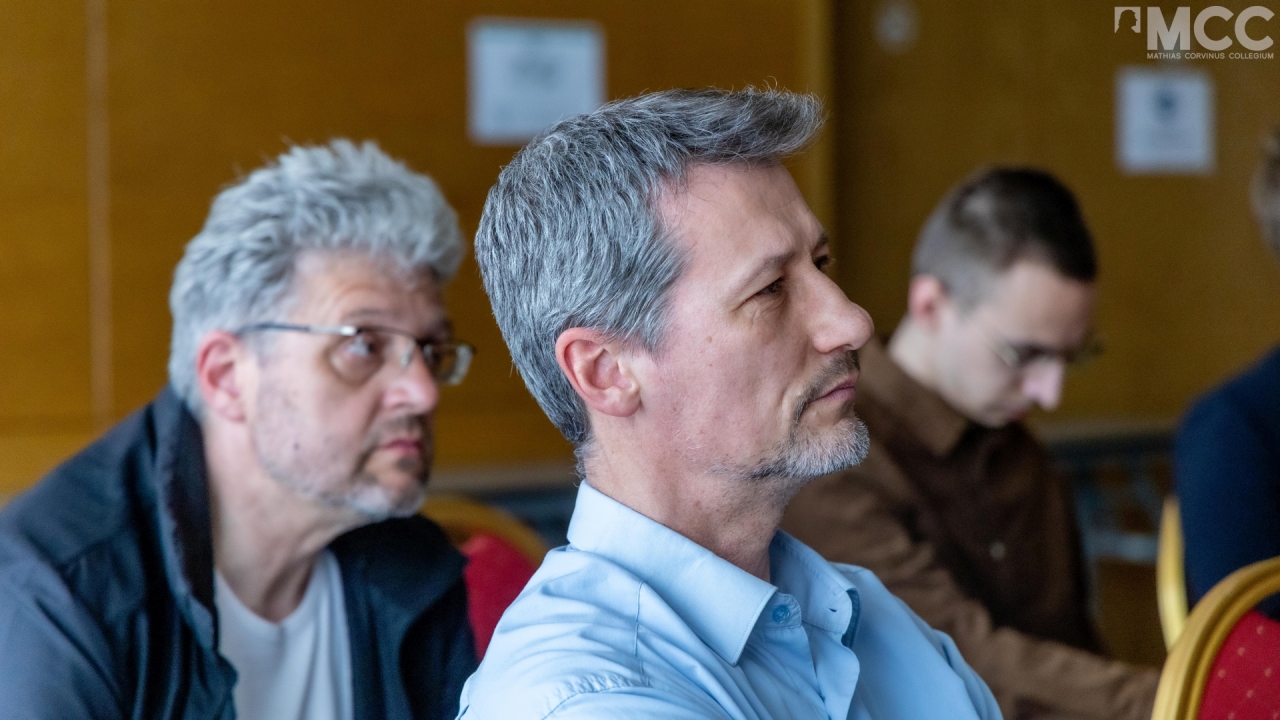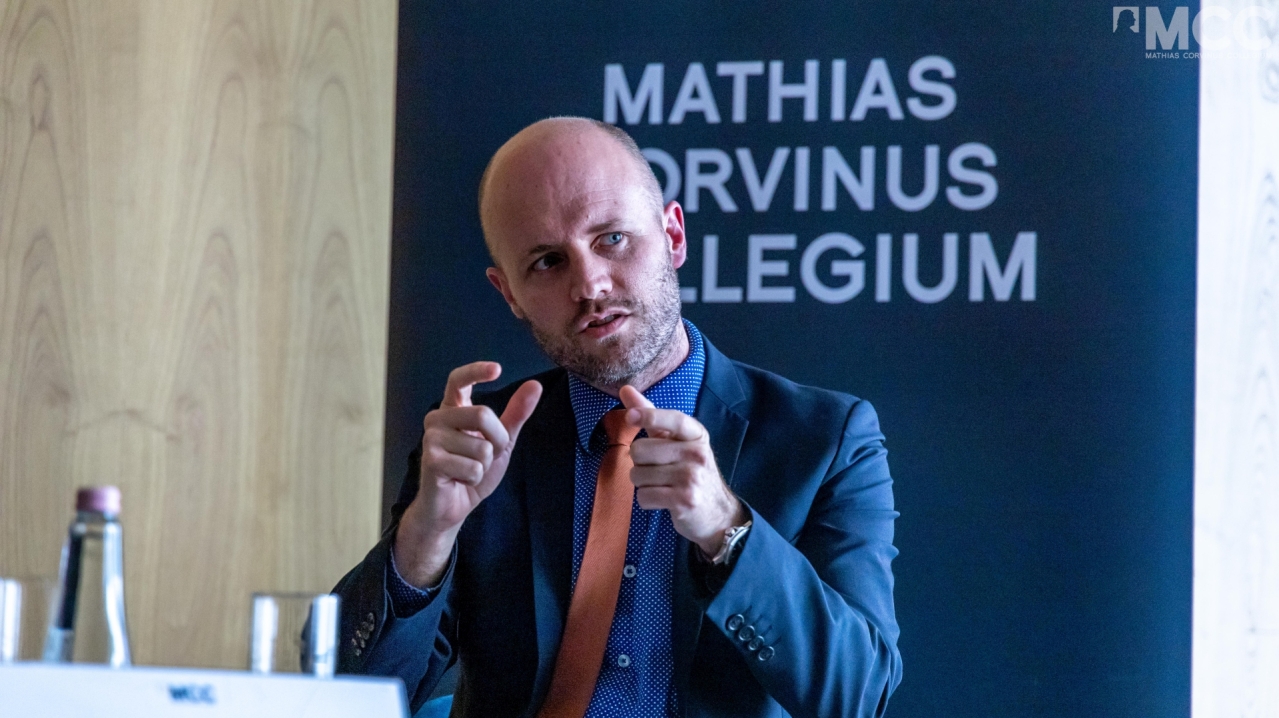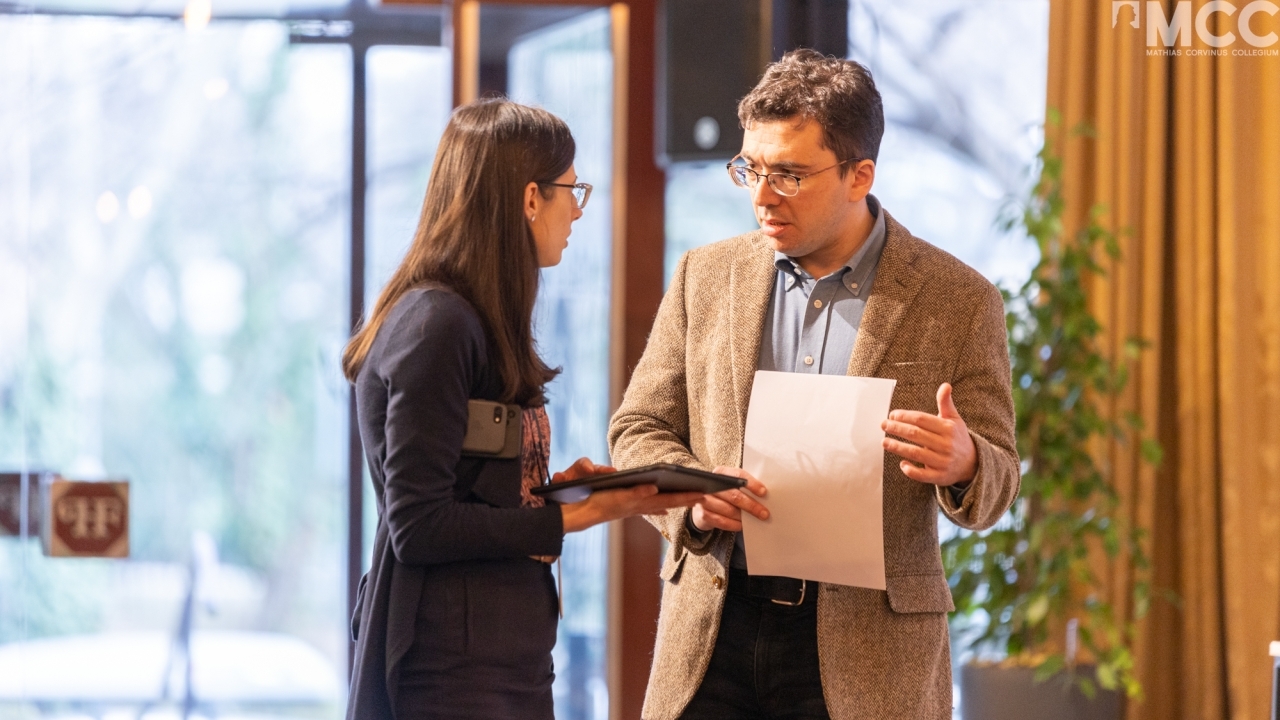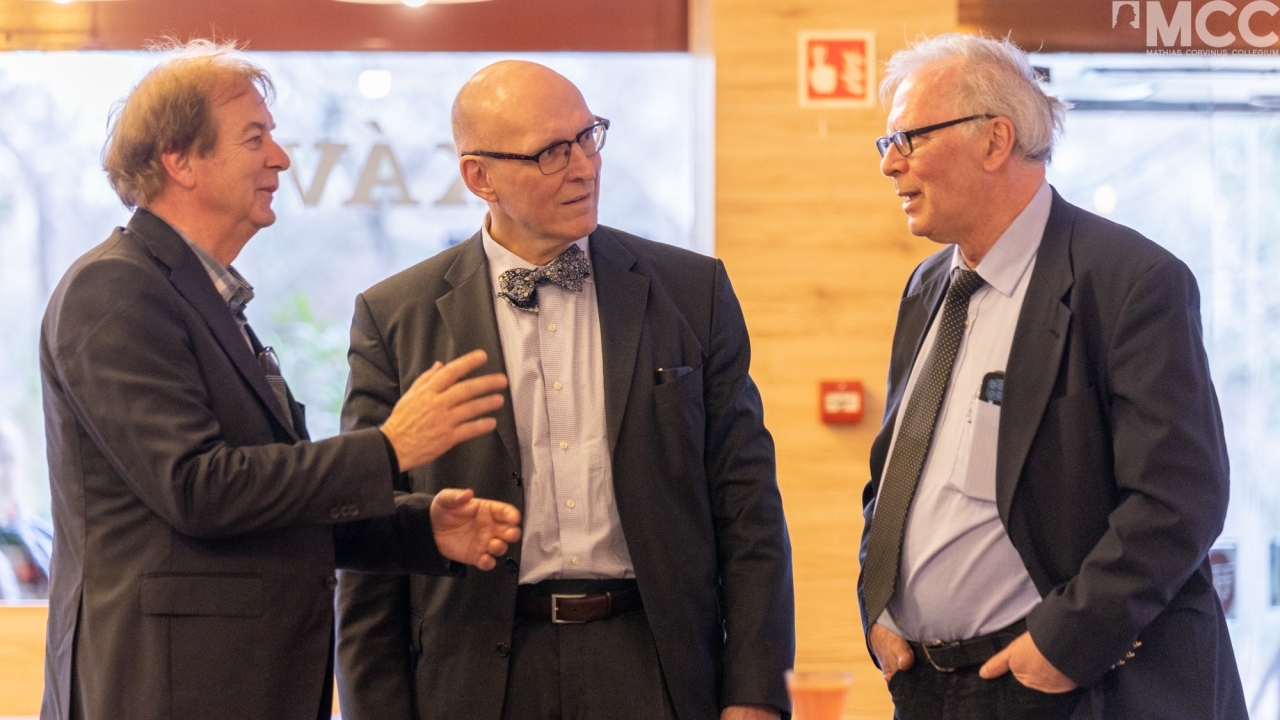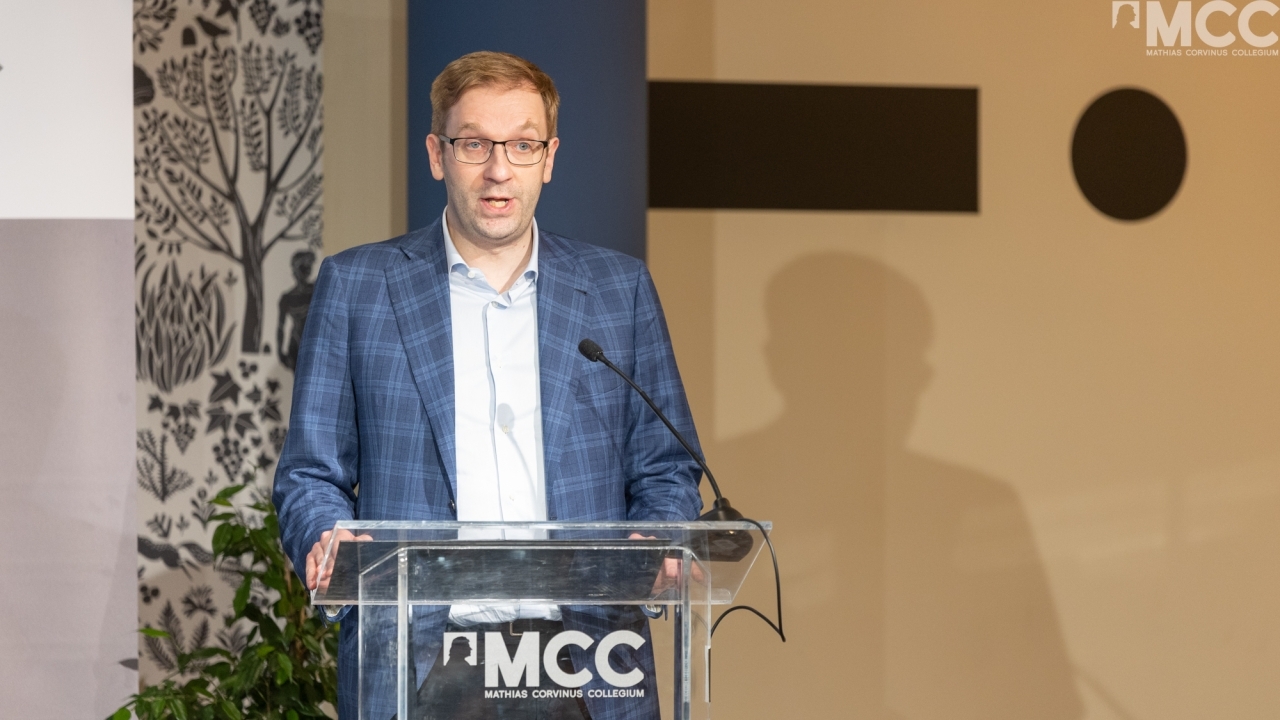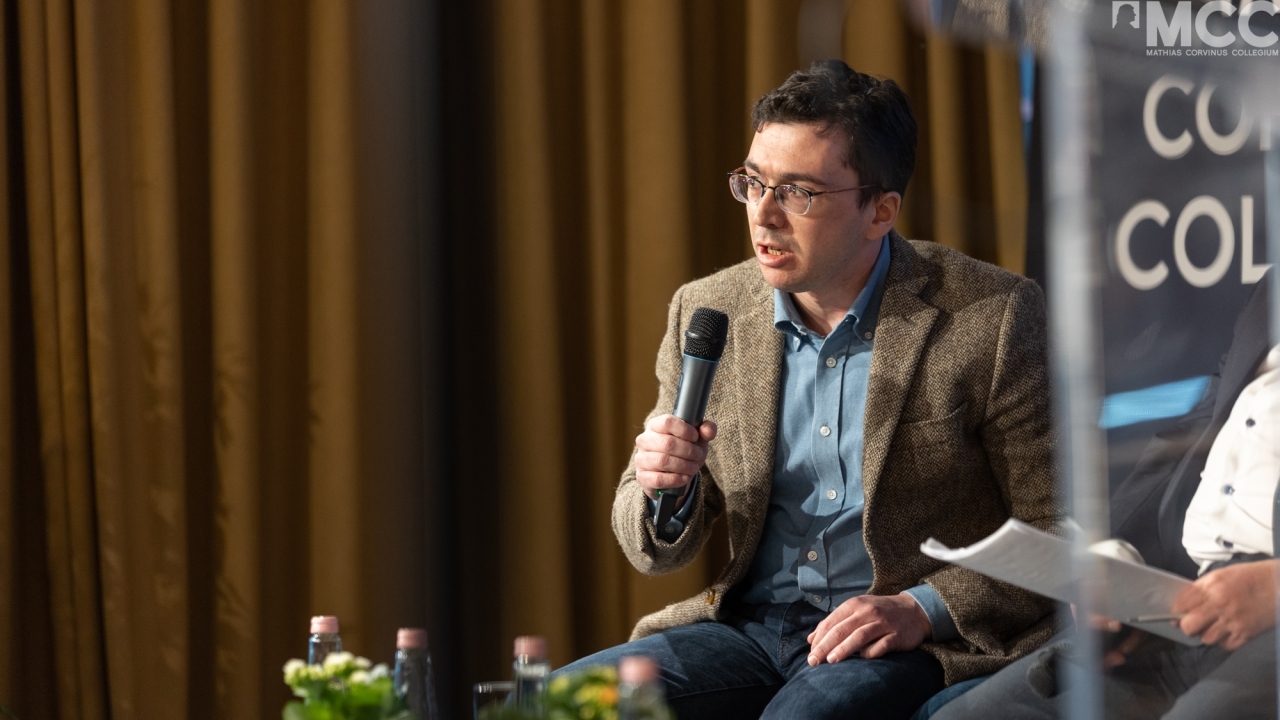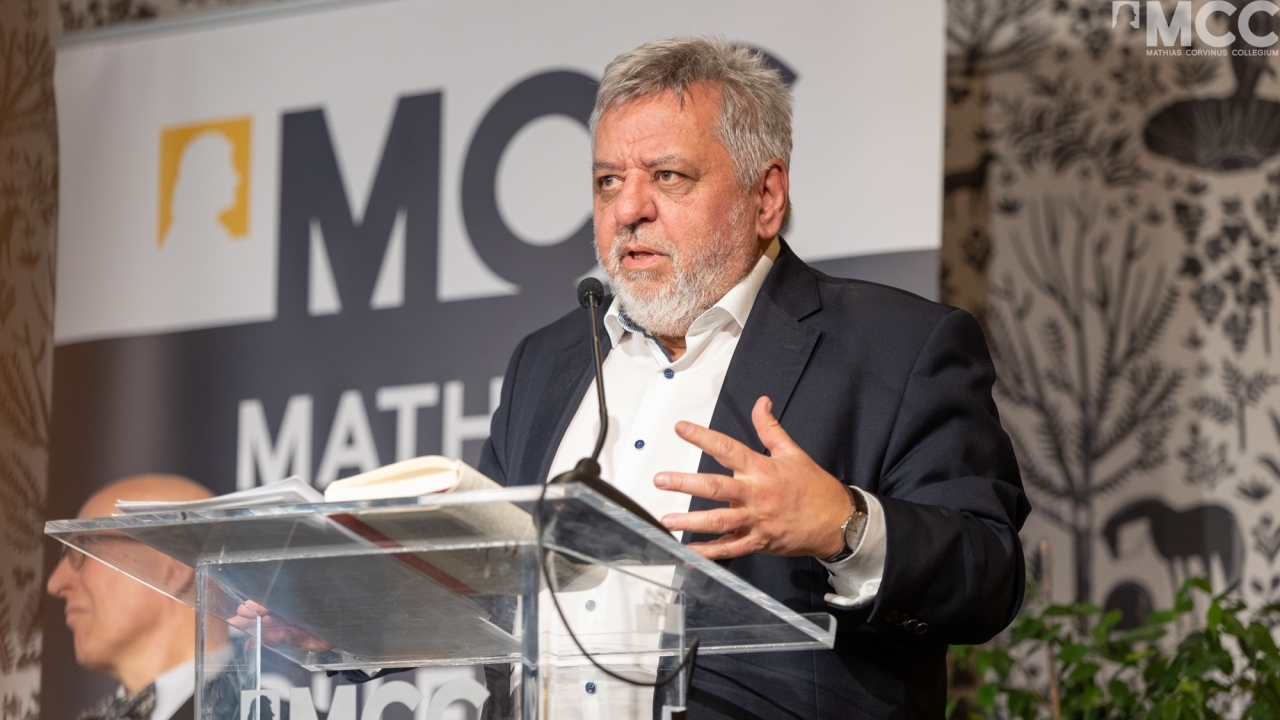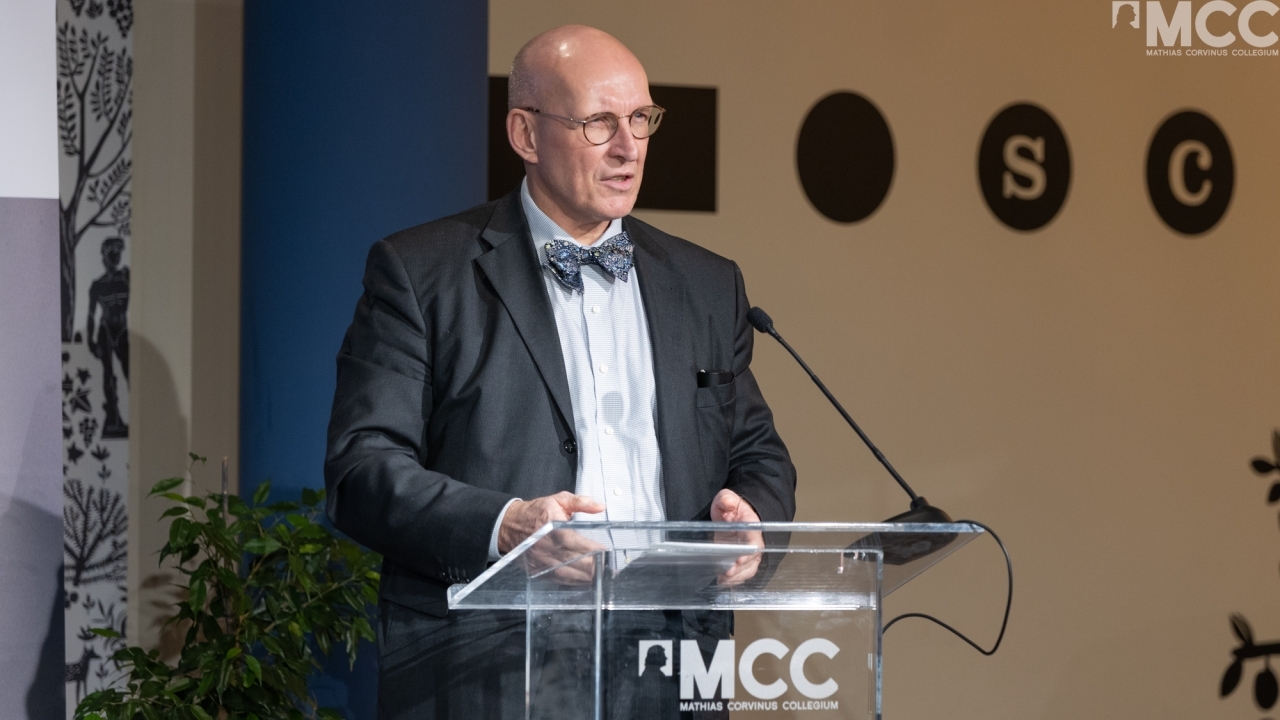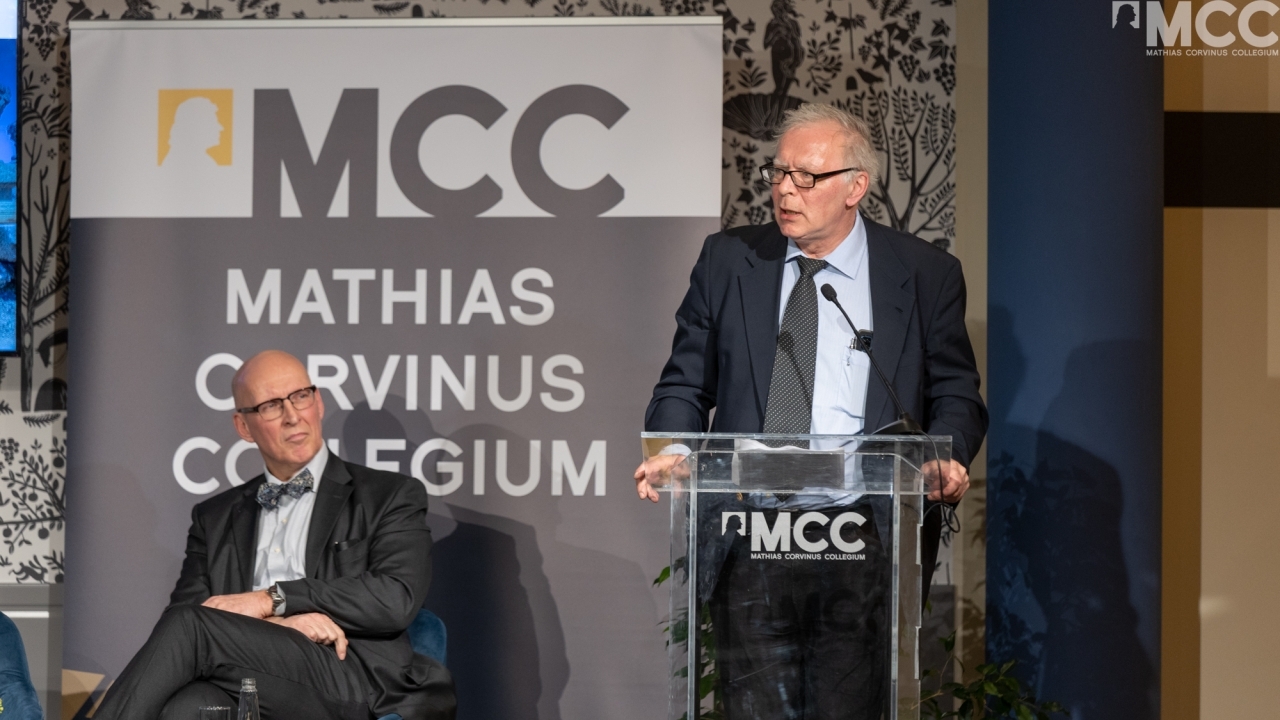After a long absence political philosophy should return from America to Europe. The home of political philosophy, since its birth in Greek soil, has been located in European culture. In the interwar period, however, for political reasons many European scholars, including political thinkers, moved to America seeking shelter against various forms of lethal political regimes. The renaissance of political philosophy in the 20th century was initiated by émigrés like Leo Strauss, Eric Voegelin, Hannah Arendt, and some others who either emigrated to other part of the world, like Karl Popper, or moved within Europe, like F. A. Hayek, A. Kojéve, or Isaiah Berlin, or stayed at home like Michael Oakeshott, Jacques Maritain, or Raymond Aron.
In an article published in 1956 Peter Laslett declared political philosophy to be dead, i.e. non-cultivated and useless owing to the rise of modern regimes and the positivist dominance of the sciences. There was no place for political philosophy other than as a historical field of inquiry. Modern liberal political thinkers believe that the birth of modern political philosophy is to be identified with the publication of John Rawls’s A Theory of Justice in 1971. As if the only interpretation of what political philosophy is should be intellectually defined in terms of progressive views of justice, freedom or government. This is completely wrong simply because political philosophy has enjoyed a long history, the fruits of which the generations after WWII could taste for decades. The reasonableness of classical political philosophy has not lost any of its original persuasiveness, especially if we consider that the rebirth of political philosophy in the middle of the 20th c. owes a lot to its classical roots, and its main initiators like Leo Strauss and Eric Voegelin are more robust intellectually than any attempt to reduce political philosophy to a set of practical public policy initiatives, or to a value-free political theory, or to an ideological program to convince the electorate why this or that party would bring about the earthly Paradise for them. Political philosophy is neither identical with any of these options, nor a direct aide to a political administration. Political philosophy is neither ideology, nor an instrument of any political thought. Political philosophy is a branch of philosophy devoted to the highest issues of man’s communal life, such as way of life, faith, arguments, principles of how a community should be directed, and freedom, and power. In order to ensure this engagement of political philosophy, it should return to Europe in its Atlantic meaning.
American academia and public life lent a support to European scholars, but the intellectual roots of the rediscovered traditions of political philosophy have always been and remained European. This was already the case at the time of the American founding when the American founders resorted to, and implemented the achievements of, early European political thinkers, esp. those of John Locke. But the difference between the European Roman Law tradition and the Anglo-American Common Law tradition has survived until the present day. America preserved its traditional political philosophical character at least up until WWII. But afterwards, through the influence of émigré leftist philosophers and writers, Rousseau and his disciple Marx also landed in the New World. From then on a truly leftist tradition emerged there, always looking over its shoulder towards Germany and France, in search of the latest leftist authors. Foucault’s malign influence is probably the deepest, but there are many others. In addition, during the 20th century America made use of the ideas of the European émigrés for creating a new world order after WWII dominated by the political needs of the growing American empire. America did not urge the rejuvenation of political philosophy, but she could make a good use of it. American sciences integrated European ideas and bent them to fit American constitutionalism, modern democracy, later the end of history and justice as fairness. Political philosophy has been flourishing by dint of idealizing the American way of life, Pax Americana, and limitless scientific and social progress under the unquestionable idea of equality, more often than not at the expense of freedom.
Political philosophy has enjoyed approval because its pragmatic use, with a special leftist bias, grew stronger and stronger over the next half of the 20th century, thereby marginalizing traditional political philosophy represented mainly by Leo Strauss and Eric Voegelin. By “traditional” it is meant that political philosophy has never been an aid to any direct political intention or goal. Political philosophy is the most practical branch of philosophy but it is philosophy, and not “philosophizing about politics”. Philosophy is for the ever deepening understanding of political issues, i.e. the highest political concepts and aims of man irrespective of time and place, because philosophy is seeking truth in order to praise and maintain wisdom. On American soil philosophy has developed into an inquiry that should pursue practical goals, and become subordinated to the idea of politics. The dominant American intellectual conviction is that democracy should be preferred to philosophy. Political philosophy must not become an ideology unless it wants to lose its character, which has shaped European culture - a culture which is despised and opposed today by mainstream Western intellectual life, often labeled as “Western liberalism” as if it has any meaning at all.
The rejuvenation of the European political philosophical tradition, however, was necessitated by the crisis of modernity. By the “crisis of modernity” is meant a few dominant features, e.g. 1. Individuals can make of themselves whatever they wish to be; 2. Truth is the daughter of time, thus whatever is more modern is truer; 3. Everyone can say anything because communication is more important than seeking truth; 4. What is progressive is superior to anything traditional; 5. Democracy is prior to philosophy, i.e. truth (R. Rorty); 6. Faith is personal, whereas what is rational is absolute; 7. If you are confronted with the ills of technological development, more technology is necessary.
There were two great thinkers of political philosophy of the 20th century, Leo Strauss and Eric Voegelin, who did the most to resuscitate classical political philosophy. In different ways both of them addressed the basic challenges of political thought in the first half of the 20th century. The rise of 20th century political philosophy was prompted by the need for a profound understanding of modern man, modern political developments, regimes, scientific and economic developments. And it was strongly fuelled by the two world wars.
This need was born out of pessimism rather than progressive optimism, which is more characteristic of the American view. It is telling to compare two works on thinking, one is written by John Dewey and titled “How we think”, and the other written by Martin Heidegger, “What is Called Thinking?” The American philosopher’s book is focused on the pragmatic view of thinking, the other is on the metaphysical aspects and roots of man’s thinking. Another example is how the American intellectual understanding of man distorted the traditional European approach to man. In the old days we, Europeans tended to educate our children by applying moral concepts and forming human character by resorting to moral philosophy. These days, following the American usage, even small children are taken to a psychologist to fix their alleged deviances or mental troubles, because all problems are ultimately the outcomes of wrong personal self-identification. The two diverse approaches clearly indicate why political philosophy should come home to Europe.
The rebirth of Europe after the collapse of communist regimes cries out for raising the most fundamental issues of ‘how we should live’ in Europe. And this question cannot be answered by ideologies, including the ideology of Americanization. Political philosophy must be restored as philosophy and not as a surrogate of ideological arguments. The renaissance of political philosophy has been up to rediscover political philosophy in opposition to modern theories of the sciences, and in opposition to political and intellectual norms, which are mainly set by American expectations. Without philosophy there is no Europe, without political philosophy there is neither existential safety, nor the hope of the good life in Europe. Europe is reclaiming political philosophy. We must distinguish political philosophy from ideologies, and restore the status of political philosophy in European academia and culture.
America did a lot for the renaissance and preservation of classical political philosophy, but the dominant American view includes a lot more modernist ideas and liberal and leftist suggestions. The Marxian based representatives of the Frankfurt School (e.g. H. Marcuse or M. Horkheimer) profoundly impacted American Academia, not to mention public movements. Today analytical political philosophy holds sway over American universities and publications. The representatives of this political philosophy simply ignore anything rooted in the history of political philosophy. They regard classical political philosophy as a historical phenomenon having no relevance for today’s “scientific political philosophy”. For illustration it is enough to point out that John Rawls in his influential book on justice (“A Theory of Justice”) does not mention Plato except in footnotes twice. Thus American academia absorbed and integrated European thought in general in the mid-20th c.; yet America has also resisted bad European political developments, and hosted classical political philosophy, too. At the same time, English has become the lingua franca in our contemporary world, by means of which America has exerted a commanding influence upon the world enhanced by its economic strength. European culture has always been a culture of linguistic diversity based on ancient Greek and Latin. Europe should reclaim her classical political philosophy, without which she cannot find her own way out of the intellectual crisis caused by the considerable uniformity of today’s Americanized global intellectual and academic scene. La Querelle des Anciens et Modernes has not been finished yet.
What we need to make clear to Europeans, and Americans, too, that this is what happened, and we need to make clear what the consequences are today, and what goals a European Center of Political Philosophy should pursue. First of all,
- We need to educate the upcoming generation of the brightest of the students therein.
- We need to explain that Marx is a sophist.
- We need to explain that Locke is smart, but Hooker is smarter.
- That Madison is smart, but Montesquieu is smarter.
- That Tocqueville’s description of democracy is brilliant, but Plato’s is even more brilliant.
- That life is not only about rights, but also about duties and virtues.
- That equality is often either undesirable or simply untenable.
- That merit is what counts.
- That the good, true and beautiful are not ‘personal’.
- That hierarchy or differentiation is the law of the universe, not only in sports.
- That the modern liberal and liberalized left’s central idea of progress vs. regress does not replace the distinction between what is good and what is bad, or what is right and what is not.
Secondly,
- We need to restore the wholeness of human life by rediscovering the insights of European traditions of political thought.
- We need to redefine the relationship between the individual and the community to make freedom once again a meaningful concept.
- We need to reconnect faith and reason based on the philosophy of Thomas Aquinas, as was recently attempted by Joseph Ratzinger, for instance.
- We need to find new answers to man’s ever present search for redemption in a politically realistic and commonsensical way.
- We need to reconnect the ideas of Nature and Man which have been separated by modern scientism.
- We need to reconnect man’s modern scientific and technological power to the conditions of man’s communal character and cosmological plight, i.e. the introduction of political hedonism in the 16-17th. c. must be put an end to the merit of politics understood in terms of reality of power. There is no useful and morally informed knowledge about politics without integrating rational and emotional aspects of political action.
- We need to highlight issues of leadership as a core idea of political action.
- We need to concentrate on peace and war instead of creating utopian visions of perpetual peace, according to which it is supposedly possible to wield power without real conflicts and sometimes violence.
- We need to bring together the good and the beautiful in our new philosophy of politics.
How to achieve all this? The essence is to bring good teachers together with good students (the real idea of the university). We have to use hermeneutics as the method of conversation and teaching. Husserl’s influence on both Leo Strauss and Eric Voegelin is undeniable.
- What is political philosophy today? Has the Renaissance of Political Philosophy in the 20th c. come to an end?
- What is the relationship between faith and reason today? Faith and reason: how to fight nihilism?
- Why are ancient authors relevant today?
- Relationship between antiquity and Christianity.
- Analytical and continental political philosophy.
- What was the common inspiration that made Leo Strauss and Eric Voegelin friends?
- Moral philosophy and political philosophy
- Ideology and/or political philosophy
- Enlightenment: ancient and modern, one or many, and its limits?
- Western and Eastern political philosophy: what to do with the Russian antimodern/anti-Western and intellectual achievements, which are inspired by a purist form of Christianity?
- Natural right and/or rational right?
- How to assess the national background of political philosophies and philosophers, or it is indifferent?
The model to be followed is open to negotiation. It is beyond question that the Center would be a forum for scholarly study and teaching. Scholarship by its very nature demands discipline and moderation, adherence to principles and respect for values. Political philosophy in its modern form has become a kind of ideology. Our enterprise of renewal seeks to revive classical political philosophy as philosophy proper.
The Center is based in Budapest, sponsored by the Mathias Corvinus Collegium (MCC).
The Center would be assisted by an international Advisory Board (3-5 members).
